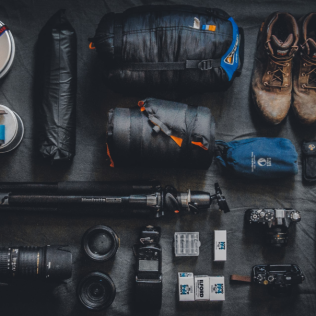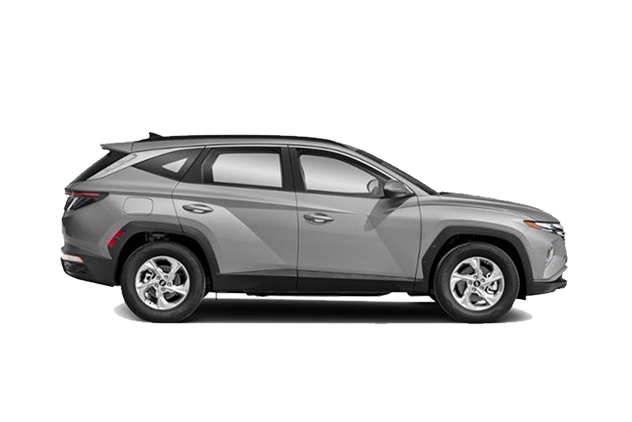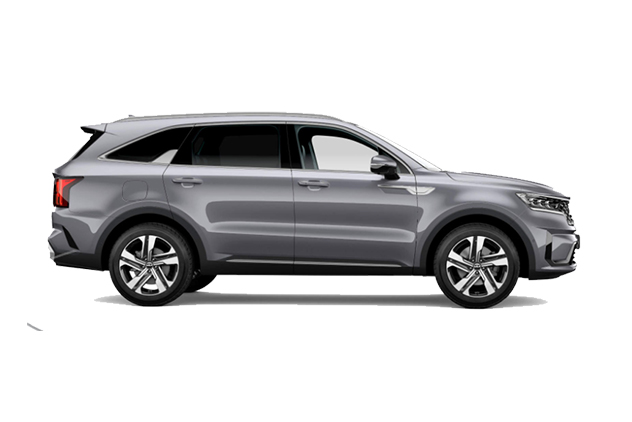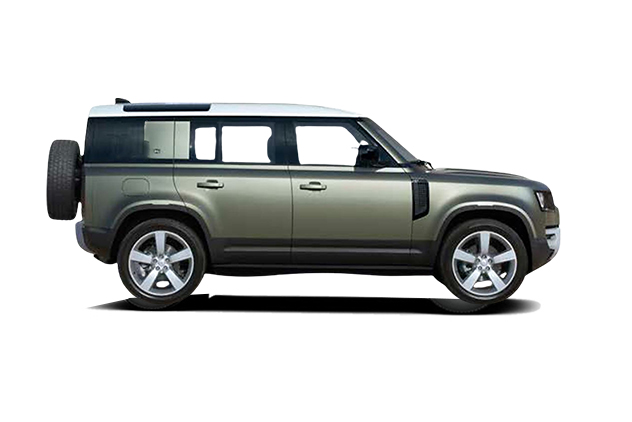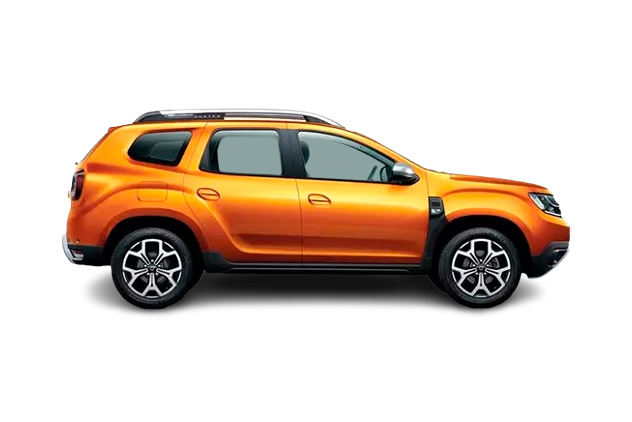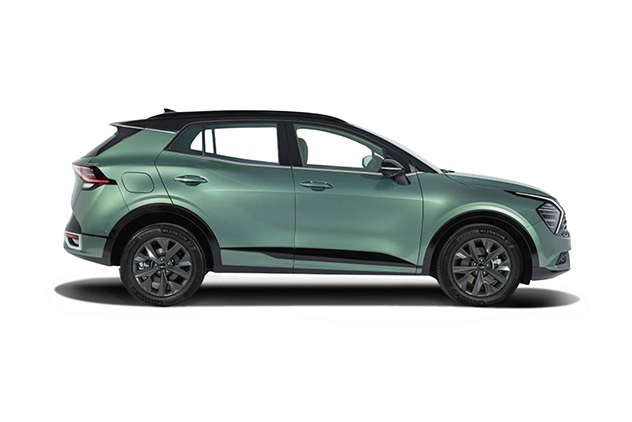One of the hardest things about going on vacation is packing. You only have a small amount of space to fit everything you need for your trip, so it’s important to choose each item wisely. With unpredictable weather, rugged landscapes, and a mix of city and nature adventures, Iceland can be one of the trickiest places to pack for.
This complete Iceland packing list breaks down exactly what you need to bring for each season so you’re prepared whether you’re driving the Ring Road, visiting hot springs, or chasing the northern lights. From waterproof layers to hiking gear and year-round essentials, we’ve got you covered.
We’ve also included recommendations for what to wear, what not to bring, and answers to popular packing questions (like whether jeans are a good idea, how much cash to bring, and what kind of adapter you’ll need). So grab your daypack, and let’s get ready to hit the road.
- Related link: Rental Cars Available Now in Iceland
Table of Contents
- Packing for Iceland: Rule of Thumb
- Spring Iceland Packing List (April and May)
- Summer Iceland Packing List (June to August)
- Autumn Iceland Packing List (September and October)
- Winter Iceland Packing List (November to March)
- Seasonal Packing Reference Chart
- Frequently Asked Questions
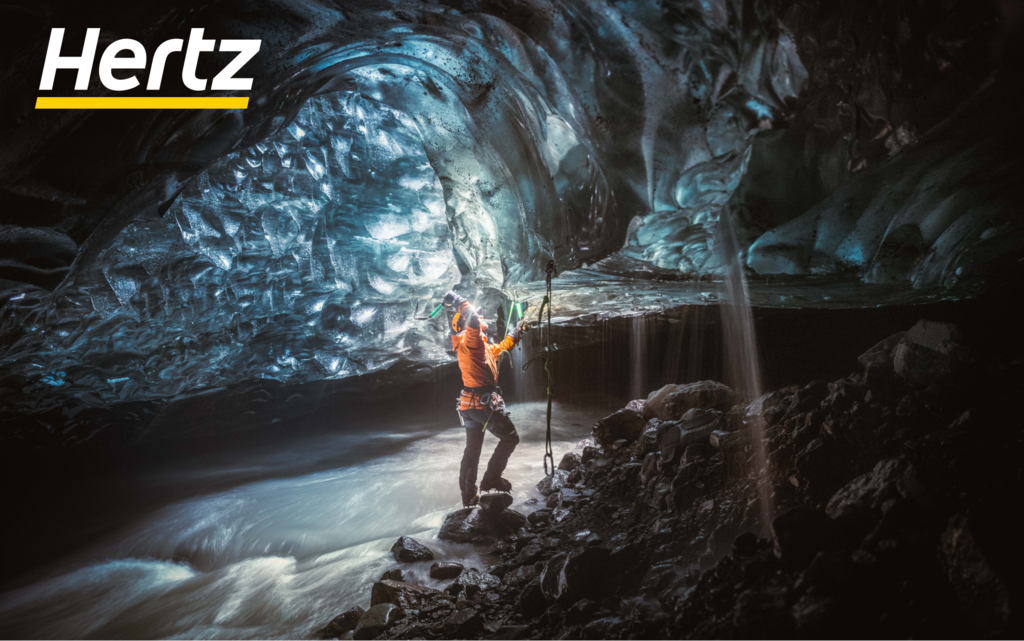
Top 10 Essentials to Pack for Any Iceland Trip
No matter the season, every Iceland packing list should include these items: A waterproof jacket, sturdy hiking boots, thermal base layers, fleece sweater, swimsuit (yes, really), gloves and hat, a refillable water bottle, travel adapter (Type C/F plug), sunglasses, and a compact daypack. These will keep you warm, dry, and ready for adventure whether you’re exploring waterfalls, soaking in hot springs, or driving through ever-changing weather.
Packing for Iceland: Rule of Thumb
No matter what season you are planning a road trip in Iceland, a few general rules will always apply. Always pack layers, even in the heart of summer. The temperature can change drastically from day to night, and having layers means you can adapt accordingly.
On top of that, you should always be prepared for any type of weather in Iceland. It might look sunny when you leave your hotel, but within the hour it could be raining or snowing. Storms occur even during the summer, and you don’t want to be caught outside without proper gear. It’s better to carry a few extra layers just in case than to end up wet and cold.
Iceland Spring Packing List (April and May)
Spring in Iceland is short, spanning just April and May, and can feel more like late winter than early summer. Average temperatures hover around 3°C (37°F), and snowfall is still common (sometimes even full snowstorms). When planning what to wear in Iceland in spring, pack for a wide range of conditions, from crisp sunshine to chilly sleet. Here’s what to include on your packing list for Iceland in spring:
1. Weatherproof Jacket
A durable, windproof, and waterproof jacket is one of the most important items you’ll bring. Spring storms are no joke, and even light rain combined with wind can leave you soaked without proper outerwear. Look for something that fits comfortably over your insulating layers.
2. Hiking Boots/Sturdy Shoes
Most Iceland attractions are outdoors and involve walking, sometimes across wet rocks, muddy trails, or slushy snow. Waterproof hiking boots with good grip are essential. Avoid packing anything with slick soles or poor ankle support.
3. Base Layers/Thermal Underwear
Base layers are key in all seasons but especially in spring. Bring at least one or two sets of merino or synthetic thermals that wick moisture and trap body heat. These help regulate your temperature whether you’re exploring waterfalls or sitting in the car.
4. Hat and Gloves
Even on sunny days, the wind can be icy. A warm beanie and insulated gloves are useful not just at glaciers or waterfalls, but also during any outdoor activity. If you’re doing a boat tour or walking along the coast, wind chill can be extreme.
5. Fleece Layer
This insulating layer sits between your base and your jacket. A thick fleece or lightweight down sweater works great. On milder days, this may even be enough to wear on its own while walking around town.
6. Comfortable Pants
Most of Iceland’s activities involve moving around, whether that’s hiking on glaciers, going to see waterfalls, going horseback riding or snowboarding. You want to be comfortable during these activities, so avoid packing too many pairs of jeans and try to focus on lightweight hiking pants that you can wear over a pair of thermal underwear or leggings.
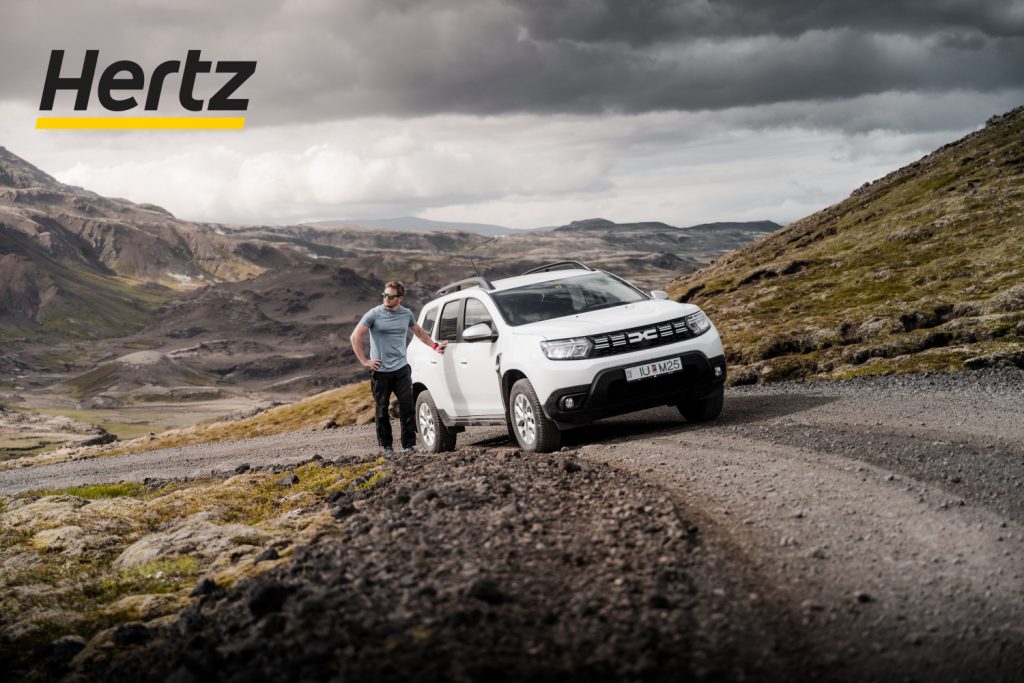
Best Rental Car for Spring in Iceland
The best rental car for spring in Iceland will depend on your itinerary and the route you intend to take. If you’re planning an entire trip around Route 1 Ring Road, then we recommend a bigger 4X4. Although the road is paved, some areas could still be slippery or snowy during spring. If you are only visiting the South Coast or Golden Circle, then a smaller rental car, like an economy or compact car, might be acceptable for a small group; just be sure to keep an eye on the weather forecast.
For the Westfjords, you’ll definitely want a 4X4 Jeep or SUV since there are roads that are more challenging to drive. The Highlands are NOT accessible during the spring months, so you won’t be able to drive up there.
Iceland Summer Packing List (June to August)
Summer is the warmest season in Iceland, which makes it the most popular time to visit. With the midnight sun in full effect, you’ll enjoy long days (sometimes almost 24 hours of daylight in June) which gives you more time to explore. Average temperatures are around 12°C (55°F), but the weather can still be unpredictable, with sudden wind, chilly evenings, and the occasional rain shower. So when thinking about what to wear in Iceland in summer, plan for light layers, waterproof gear, and comfort on the go.
1. Sun Protection
You will spend most of your time in Iceland outdoors during the summer. It’s almost always daylight, even throughout the night (that’s why they call it the midnight sun). Because of that, you must protect yourself from the sun, whether or not it looks sunny outside. Bring a cap to block the sun from your face and some suntan lotion for exposed skin. Sunglasses are also essential, especially since you’ll be driving and require good visibility.
2. Lightweight Weatherproof Jacket
Summer in Iceland still brings rain, wind, and waterfall spray. A lightweight, breathable, waterproof jacket will keep you dry without making you overheat. Look for one with a hood, and make sure it fits over your other layers.
3. Swimsuit
Even in summer, you won’t be lounging on beaches, but you will definitely want to take a dip in a geothermal hot spring. Whether it’s the Blue Lagoon, Myvatn Nature Baths, or a hidden hot pot along your route, pack a swimsuit (and maybe a quick-dry travel towel) so you don’t miss out.
4. Hiking Boots/Shoes
Your hiking boots will definitely get good use in Iceland during the summer while you’re on one of the many hikes and walks around the country. From national parks to volcanoes and coastal cliffs, many attractions in Iceland require a short hike. Bring sturdy, waterproof hiking boots or trail shoes. Wet feet are a quick way to ruin a day.
5. Lightweight Pants and Tops
Athletic or hiking pants are ideal. Don’t wear jeans in Iceland as they don’t dry easily and won’t stretch or breathe while you hike. A few moisture-wicking shirts or breathable long sleeves will keep you comfortable in varying conditions. Layers let you adjust as needed.
6. T-shirts or Casual Wear
On dry, sunny days, a simple tee and pants are perfect. Icelanders dress casually, and you’ll be fine wearing the same outfit for sightseeing and stopping into cafés or restaurants in Iceland cities. Just bring a change or two so you can rotate clothes if they get damp or muddy.
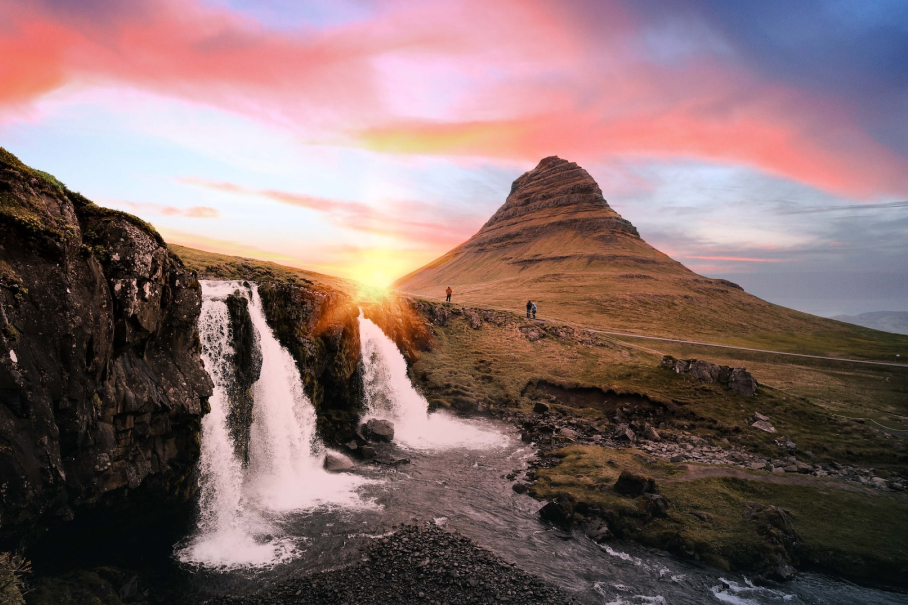
Best Rental Car for Summer in Iceland
During the summer months, the roads should be clear on major routes. An economy or compact car will be fine, even when driving Route 1, but you might want an intermediate or full-size if you have a larger group. The same applies when driving the South Coast or Golden Circle.
For the Westfjords, we always recommend a 4X4 SUV, even in the summer, since some roads can be more challenging to navigate. You’ll likely want to take advantage of the opportunity to visit the Highlands since summer is the only time of year they are accessible, but keep in mind that 4WD vehicles are required by law to drive in this area.
Iceland Autumn Packing List (September and October)
Autumn in Iceland is short but beautiful. It spans just September and October, and while early September can feel like an extension of summer, the weather shifts quickly as the season progresses. Temperatures drop from an average of 10°C (50°F) in early September to around 7°C (44.6°F) or lower by the end of October. Rain increases, daylight hours decrease, and wind becomes more of a factor, making waterproof, windproof, and insulating layers critical. Here’s what to pack for a fall trip to Iceland:
1. Raingear
Autumn is the wettest time of year in Iceland, and sudden weather changes are common. You’ll almost certainly encounter rain at some point on your self-drive trip, even if it’s not in the forecast. Pack a waterproof jacket with a hood, rain pants, and waterproof hiking boots or shoes to stay dry and comfortable while exploring. This gear is essential for chasing waterfalls, exploring lava fields, and walking to viewpoints in less-than-perfect conditions.
2. Waterproof Backpack
A small waterproof daypack is a smart addition to your Iceland road trip packing list. You’ll want a bag to carry extra layers, snacks, a reusable water bottle, your camera, and personal items like your wallet or phone. Make sure it’s water-resistant or has a rain cover, especially useful if you’re visiting during a downpour or hiking near a waterfall.
3. Warm Sweater or Fleece Layer
As temperatures start to dip, you’ll need an insulating layer to stay warm underneath your waterproof jacket. A thick fleece or wool sweater works great for daytime outings or evening walks. You may even want to pack two options depending on your trip length.
4. Thermal Layers
By late September or October, you’ll definitely need thermals. A set of long underwear or base layers helps retain body heat and makes your outer layers more effective. Iceland’s wind can make even 7°C feel colder, especially in exposed areas or at elevation.
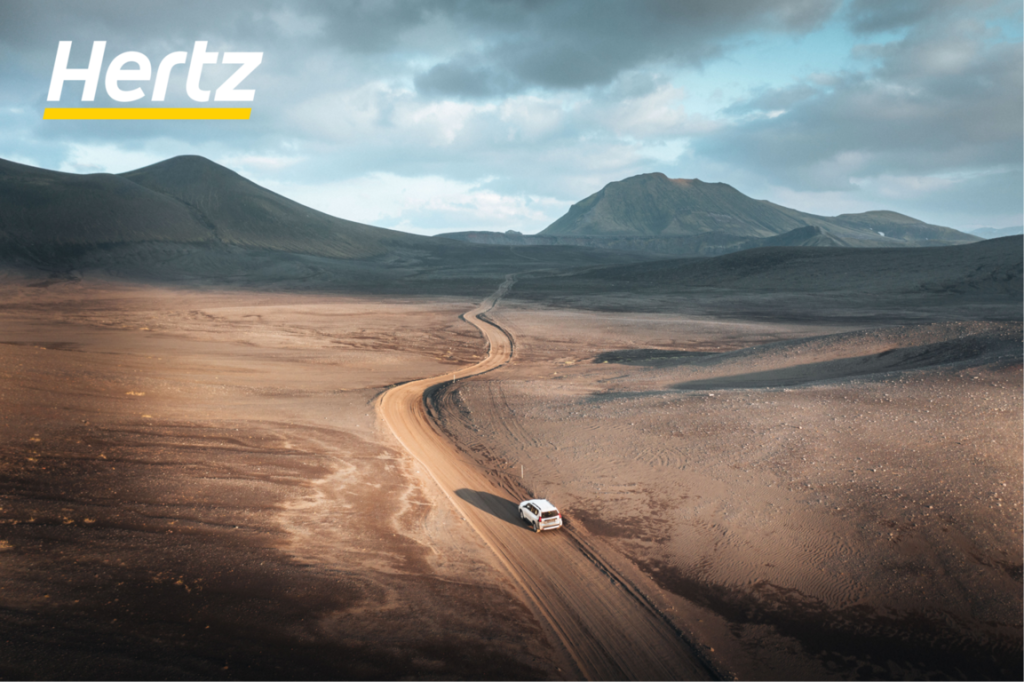
Best Rental Car for Autumn
Autumn driving in Iceland depends largely on the month and the regions you plan to visit. In early September, most major roads are still clear, and a compact or midsize rental car can be enough for the Ring Road or the Golden Circle. However, by October, rain, early frost, and slick roads become more common, especially in the north or the Westfjords.
If you’re traveling later in the season, or plan to cover more remote areas, opt for a 4WD vehicle. For the Westfjords, a 4×4 SUV is always recommended. The Highlands may stay open through early September, weather permitting, but as they’re entirely made up of F-roads, a 4×4 is legally required to access them.
Iceland Winter Packing List (November to March)
Winter is the longest season in Iceland, stretching from November through March. While average temperatures hover around 0°C (32°F), don’t let that fool you. Wind chill, wet snow, and limited daylight can make it feel much colder. Iceland’s winter weather is notoriously unpredictable, and storms can roll in with little warning. Still, winter is a magical time to visit, especially if you’re chasing the northern lights or exploring snow-covered landscapes.
When planning what to wear in Iceland in winter, focus on warmth, waterproofing, and layers. You’ll be spending time outdoors in freezing temperatures, and it’s essential to stay dry and insulated. Here’s what to include on your Iceland winter packing list:
1. Warm (Waterproof) Jacket
For a winter trip, you ideally want to pack a heavier winter jacket that is also windproof and waterproof. If you don’t have one that combines all three elements, you can bring a weatherproof outer layer and some thick warm layers underneath. You’ll be thankful for the protection when standing at a blustery viewpoint or hiking through a snowy trail.
2. Winter Boots
You WILL be trudging through some snow when visiting in winter, so you will need a good pair of winter boots. With regular hiking boots or shoes, your feet might get cold, especially after hours outside. They might take up extra space in your suitcase, but it’s worth it. They will probably be the only footwear you’ll need while you’re there (Icelandic locals even wear boots out to restaurants and events, so you’ll fit right in).
3. Hat, Gloves and Scarf
You’ll want to bundle up and protect all areas of your body from the cold when you’re on excursions in the winter, especially your extremities. Bring a warm hat, wind/waterproof gloves and a warm scarf to protect your neck.
4. Thermal Base Layers
We don’t want to sound like a broken record, but thermals are most important in the winter. You might feel silly putting on long underwear, but you definitely won’t regret it when you’re standing on the black stone beach in below-zero temperatures.
5. Bathing Suit
Iceland’s geothermal pools don’t close in winter. And in fact, many say this is the best season to enjoy them. Imagine soaking in steaming hot water while snowflakes fall around you, or watching the northern lights in Iceland above you. Don’t miss this uniquely Icelandic experience.
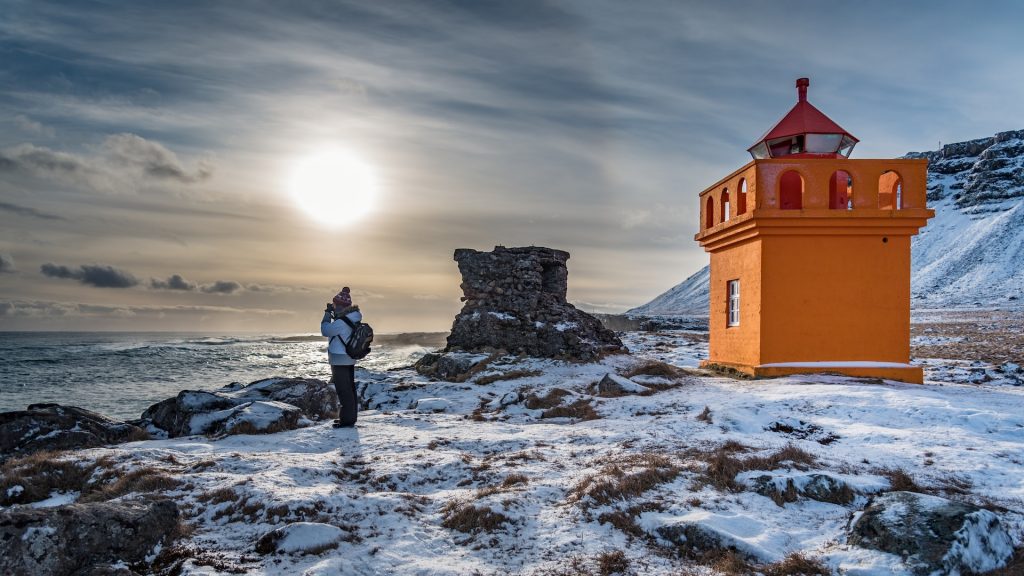
Best Rental Car for Winter
If you’re planning a self-drive trip in winter, a 4×4 vehicle is essential—no exceptions. Roads may be slippery or snow-covered even in the south, and sudden storms can reduce visibility or create unsafe conditions. Iceland’s road crews are excellent, but weather can still make driving challenging, especially in the north or the Westfjords.
Even if you’re just driving the Golden Circle or South Coast, opt for a larger, more stable vehicle with winter tires and 4WD. And while the Highlands are closed in winter, many other scenic regions are accessible, but just make sure to check road conditions and weather forecasts daily.
Seasonal Packing Guide for Iceland (Quick Reference Chart)
| Spring (April and May) | Summer (June to August) | Fall (September and October) | Winter (November to March) |
| Weatherproof jacket | Sun protection | Raingear | Winter jacket |
| Hiking boots/sturdy shoes | Weatherproof jacket | Waterproof backpack | Winter boots |
| Base layers/thermal underwear | Swimsuit | Warm sweater | Warm socks (wool preferred) |
| Hat and gloves | Hiking boots/shoes | Thermal layers | Hat, gloves and scarf |
| Fleece layer | Lightweight pants and tops | Swimsuit | Thermal base layers |
| Comfortable pants | T-shirts | Hiking boots/sturdy shoes | Swimsuit |
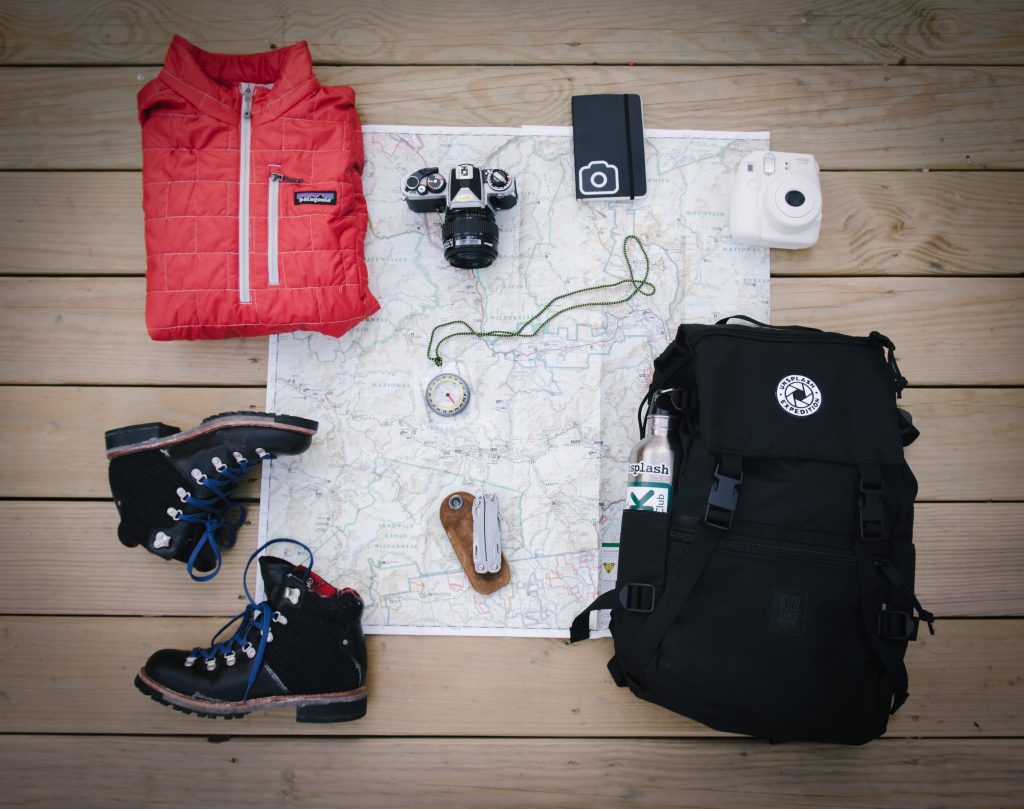
Iceland Packing List FAQs
-
- What can you not bring into Iceland?
Avoid packing raw meat, dairy, or fresh produce. Iceland has strict customs rules to protect its ecosystem.
- What can you not bring into Iceland?
-
- What should I pack for a 10-day trip to Iceland?
Plan on 3–4 thermal layers, 2–3 insulating pieces, a waterproof jacket, hiking boots, and a swimsuit. Use packing cubes to save space.
- What should I pack for a 10-day trip to Iceland?
-
- What clothes do I need for a trip to Iceland?
Pack moisture-wicking base layers, insulating mid-layers, and a waterproof outer shell. Footwear should be durable and waterproof.
- What clothes do I need for a trip to Iceland?
-
- Why can’t you wear jeans in Iceland?
Denim stays wet and cold if it rains, snows, or you visit misty areas like waterfalls. Stick with fast-drying, technical fabrics.
- Why can’t you wear jeans in Iceland?
-
- What plugs do they use in Iceland?
Iceland uses Europlug types CDenim stays wet and cold if it rains, snows, or you visit misty areas like waterfalls. Stick with fast-drying, technical fabrics. and F (two round pins). Bring a 230V-compatible adapter if you’re traveling from North America or the UK.
- What plugs do they use in Iceland?
-
- How much money should I bring to Iceland for 4 days?
Expect to spend about $150–$200 USD per day on food, fuel, and activities. Credit cards are accepted almost everywhere though, so you really don’t need to bring any cash with you.
- How much money should I bring to Iceland for 4 days?
-
- Is this packing list suitable for kids?
Yes, just make sure to bring extra layers, waterproof outerwear, snacks, and any needed medications or comfort items. Iceland is family-friendly.
- Is this packing list suitable for kids?
-
- What should I pack for backpacking or camping in Iceland?
Add a lightweight tent, warm sleeping bag, compact cooking gear, refillable bottle, headlamp, and rainproof backpack cover to your seasonal gear.
- What should I pack for backpacking or camping in Iceland?
-
- What to pack for an Iceland road trip?
No, Iceland has four distinct seasons, though the weather is cool year-round. Summers are mild with long days, Along with your clothes, bring offline maps, car charger, reusable water bottle, snacks, and an emergency kit. Book your rental car in advance.
- What to pack for an Iceland road trip?
Best Iceland Packing List
Packing for Iceland doesn’t have to be stressful as long as you prepare for the weather and layer wisely, you’ll be ready for anything the land of fire and ice throws your way. Whether you’re planning a summer road trip under the midnight sun or a winter escape to chase the northern lights, this seasonal Iceland packing list will help you stay warm, dry, and comfortable from start to finish.
And remember: a reliable vehicle is just as essential as your rain jacket or hiking boots. Book your rental car with Hertz Iceland in advance to secure the perfect vehicle for your route, travel style, and season.
